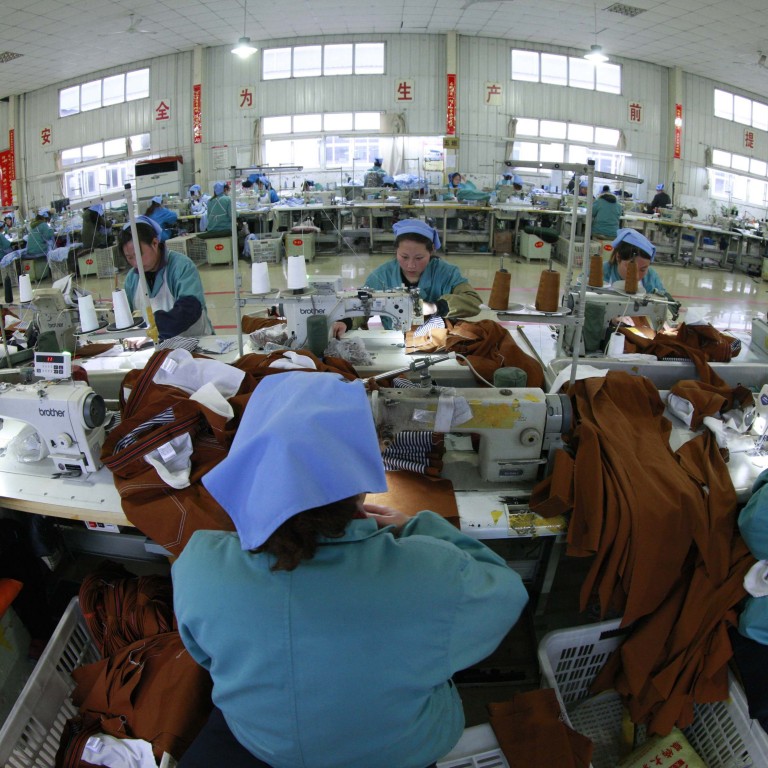
China's wage inflation forcing foreign firms to look at Southeast Asia
Wage inflation on top of the loss of preferential tax policies has seen mainland lose its appeal
The economic turbulence in China has another hidden layer to it - losing jobs to Southeast Asia as multinational companies relocate their manufacturing units to those countries as a way to enhance cost efficiency.
"I definitely think Southeast Asia is a threat to China's job market," said Christine Wright, Asia managing director of recruitment agency Hays. "Now places like Vietnam and the Philippines are a lot cheaper and we'll see more companies looking to set up their manufacturing there."
China used to be the world's manufacturing centre and an investment magnet for foreign firms as they took advantage of the abundant labour pool and inexpensive human resource costs while profiting from the country's breakneck growth.
But the regional battle for drawing foreign capital took a new twist in the past two years as wage inflation in China resulted in a flight of funds from the world's most populated market. After Beijing scrapped preferential tax policies for foreign investors in 2009, China has been gradually losing its lustre to overseas manufacturers and the rising labour costs cast a further pall over the business outlook.
According to a Hays salary survey, 66 per cent of companies based in China granted their employees more than a 6 per cent pay rise in 2014, compared to an average of 29 per cent who plan to do so across Asia. The upward momentum in China is set to continue this year, as 70 per cent of employers intend to increase pay packages by at least 6 per cent while only 30 per cent of companies in Asia plan to do so.
Chen Junjie, a manager with a Japanese zip maker, felt that hard work would not necessarily pay off.
"Higher salaries would turn out to be a threat to employees like me," he said. "Our clients including garment makers and car manufacturers have relocated to Southeast Asia and we are worried that a pay rise to reward our hard work today could soon become a reason for the company to get rid of us."
Foreign-funded companies have created about 50 million jobs in China. Though it is difficult to assess the number of job losses in aggregate due to relocation of foreign firms, anecdotal evidence showed that the job cuts are severe and widespread.
"The workers in labour-intensive industries such as garment making are unlikely to find new jobs since they have no other skills," said headhunter Hong Lingyun of Joinlink Consulting.

